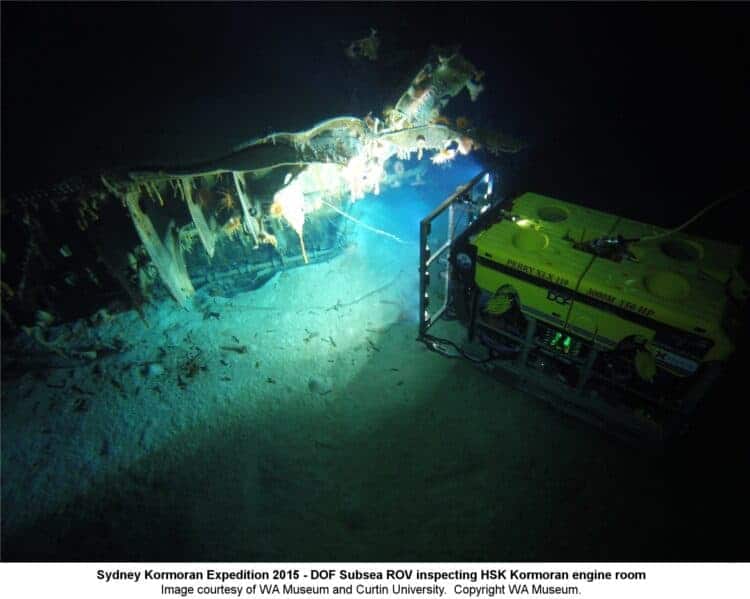via The Conversation, 16 November 2017:
More than 48 shipwrecks have been illicitly salvaged – and the figure may be much higher. Museums can play a key role in the protection of these wrecks, alongside strategic recovery and legislative steps.
Source: The race to save up to 50 shipwrecks from looters in Southeast Asia

























Re: looted wrecks. (1) Ensure honesty of local and national officials involved in permitting (permitting described below). This is the most difficult step but if not taken neither my ideas or anyone else’s will work. (2) Announce a program providing exclusive license to search for, then salvage, a given wreck or a site already found. Required: proven funds to complete search, then proven funds for excavation. (3) Except in ships of extreme age and historical interest, archos abandon ‘standard’ extreme procedures that inhibit affordable operations, settling for in situ photography and mapping and recording/photographing of items. Ships centuries old, same, but all items to be stabilized and conserved, as well as above measures taken. (4) Host gov’t. retains rare and unique items; individual porcelain pieces, coins, bars etc., of significant likeness not considered rare and unique. (5) ALL ITEMS OF COMMERCIAL VALUE WILL BE APPRAISED by two separate auction houses, for computational purposes in division of items and artifacts upon completion of salvage and conservation. Host country can later declare all its retained items as ‘priceless heritage’ and therefore without evaluation. But we both know, all such items in National Museums are insured. (6) Contract defining each party’s shares in the event of success, completed before exploration begins. Operational and conservation expenses will be shared equally, the Salvors’ share being deducted from the host country’s share of non-rare and unique items. Or host country can undertake all conservation operations and expense, thereby keeping a full proportion of the non-rare and unique items in its Contractual share. Intellectual Property stays with the Salvor. Salvor, as part of operational expenses, pays a team of archaeologists approved by host country. Host country maintains, if it wishes, its own appointed archaeologist and ecological specialist aboard during exploration and salvage operations. Each has authority to “pull the plug” on operations if the Salvor does not follow the operational terms of the Contract. Site and personnel security is provided by the Naval forces of the host government.
These are realistic conditions though distasteful to archos. But if no rational gov’t policy is instituted that encourages responsible and recorded salvage, the regional governments will continue to suffer commercial and archaeological piracy.
Those policies are great for items of cultural value, but I think the problem with the looting of modern shipwrecks and war graves are connected to the collection of scrap metal for resale. The fact that these ships belong to countries foreign from these waters makes it harder for local authorities to care about them.